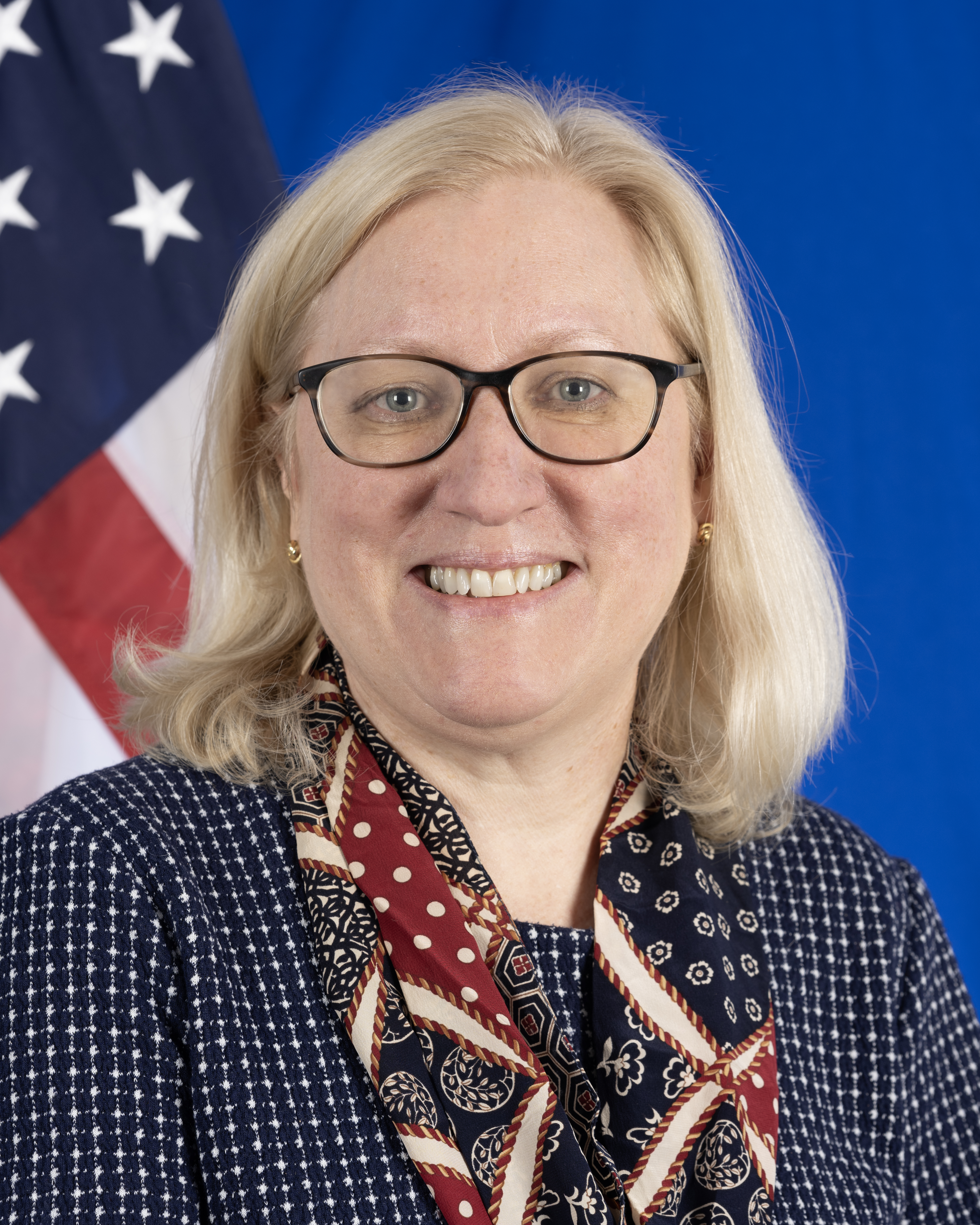Japanese High-Intensity Training Research in Colorado’s High Altitude
Posted on Friday, July 28th, 2017 at 2:51 pm.By Cecile Schoberle, Director of Marketing and Communications, University of Colorado Denver
A version of the blog was originally published on International Newsroom

Dr. Tabata and his daughter in a fitness center at the CU Anschutz Medical Campus
Dr. Tabata and his daughter in a fitness center at the CU Anschutz Medical Campus
Dr. Izumi Tabata, PhD, and “father of high-intensity interval training (HIIT)” is currently a visiting J-1 scholar at the University of Colorado Anschutz Medical Campus.
“If you’re seeing stars and feel as if you can’t take another step, you’re doing the exercise right—but it is all worth it.” Variations of this theme are expressed by enthusiasts of the Tabata Training method worldwide. Also dubbed “The Four-Minute Miracle”, the system incorporates high-intensity interval training workouts within short bursts of time to create maximum aerobic and anaerobic benefits. VO2 max, which is the measurement of the maximum amount of oxygen that an individual can utilize during intense exercise, increases; resting metabolic rate after the exercise and glucose metabolism are also improved.
The system was developed in the 1980’s by Japanese scientist Dr. Izumi Tabata, PhD, and a team of researchers from the National Institute of Fitness and Sports in Kanoya, in part due to a request from the head coach of the Japanese Olympic speed skating team. Peak performance and fitness being essential for competitive athletes, analytics and refinement of techniques was equally necessary.
Tabata is conducting collaborative research studies with Professor Wendy Kohrt, PhD, Division of Geriatric Medicine, University of Colorado School of Medicine on the effects of the Tabata Training method on bone health. Proper loading on the bone is necessary for the healing and maintenance of strong bones; it impacts athletes who sustain sports injuries as well as seniors who have been diagnosed with osteoporosis.

Dr. Izumi Tabata at the University of Colorado Anschutz Medical Campus
Tabata, his wife, and daughter have been enjoying their stay in Denver. “There are nice neighborhoods and the environment feels safe,” he said. “People in this city like to keep fit; they also look to the future.”
“Athletes from Japan and many other countries come to Colorado to do endurance training during the summer,” he explained. Colorado’s residents are known as outdoor and fitness enthusiasts. “CU Anschutz Medical Campus has a good faculty group of sports scientists.”
A supporter of global education, Tabata studied abroad and conducted research in Norway and the United States as a student and postdoc.
“Studying abroad provided a diversity of perspectives; I think it influenced my career in positive ways. For example, information in one country is limited. Therefore, it is better to visit abroad and study. Nowadays, you may say that much information can be collected through the Internet. However, not only information, but philosophy regarding science is important. I learned different ways of thinking when I was in St. Louis and Norway.”

Dr. Tabata and his daughter in a fitness center at the CU Anschutz Medical Campus
His advice to international students who are considering studying abroad: “Find a good mentor or teacher. Sometimes it can be difficult at first for undergraduates, but you need to apply for mentorships.” He also added: “In countries like Japan, where the main population is from a single race, experiences that touch upon diversity are not available, as they are in the United States. In the U.S., mentors from areas of diversity can be appreciated by the foreign students.
He also advises students to pursue their true interests. “When I was in college, sports medicine was not very popular—but I was interested.” Originally planning to be a chemical engineer, he entered school and discovered that exciting theories about DNA were being developed. He found them to be fascinating. “The chance to change my major from organic chemistry to biochemistry for sports science was important. I had the opportunity to participate in a biology class and read a book about embryology which totally changed my views about biology.”
This fascination with wellness and human potential continues today. “Nowadays, it is understood that the right kind of exercise can improve the symptoms of dementia, can increase memory, and increase the mitochondria in the brain.” As Tabata continues his research and knowledge exchanges with colleagues, new information will be shared with the medical community worldwide.
Dr. Tabata is very optimistic about the future. “Humans have a great adaptive ability.”
Categories: Program Spotlight
| About Rebecca Pasini Deputy Assistant Secretary for Private Sector Exchange | |

|
Rebecca A. Pasini joined the Bureau of Educational and Cultural Affairs as the Deputy Assistant Secretary for Private Sector Exchanges in July 2023. A career member of the Senior Foreign Service, Class of Minister - Counselor, Ms. Pasini has been an American diplomat since 1997.
Ms. Pasini previously served as the Director of Public and Congressional Affairs in the Bureau of Consular Affairs from 2021-2023. Other Washington assignments have included positions in the Bureau of Consular Affairs, the Bureau of Western Hemisphere Affairs, the Office of Foreign Missions, and as a liaison to the Department of Homeland Security. She has also completed multiple overseas tours, including as Minister Counselor for Consular Affairs in Islamabad, Pakistan, and as the Consular Chief in Rio de Janeiro, Brazil and Belfast, Northern Ireland. Other tours included Mexico City and Kuwait.
A Maryland native, Ms. Pasini has a Ph.D. in Political Science from Indiana University, a master’s degree in National Security and Resource Strategy from the Eisenhower School, National Defense University, and an undergraduate degree from Mary Washington College.
Categories
Flickr
 View more photos |


